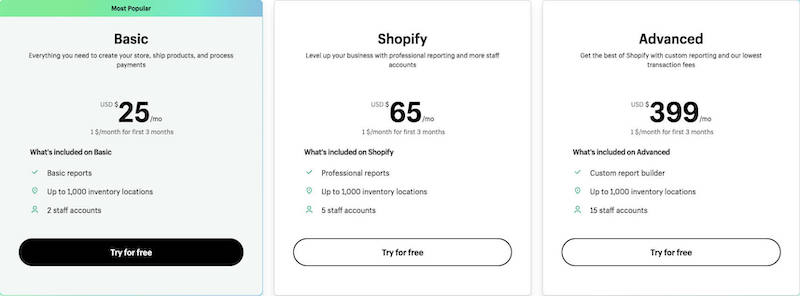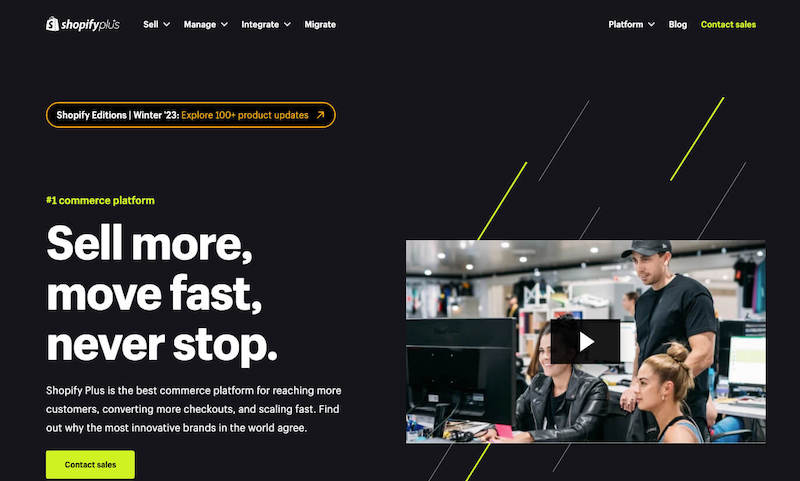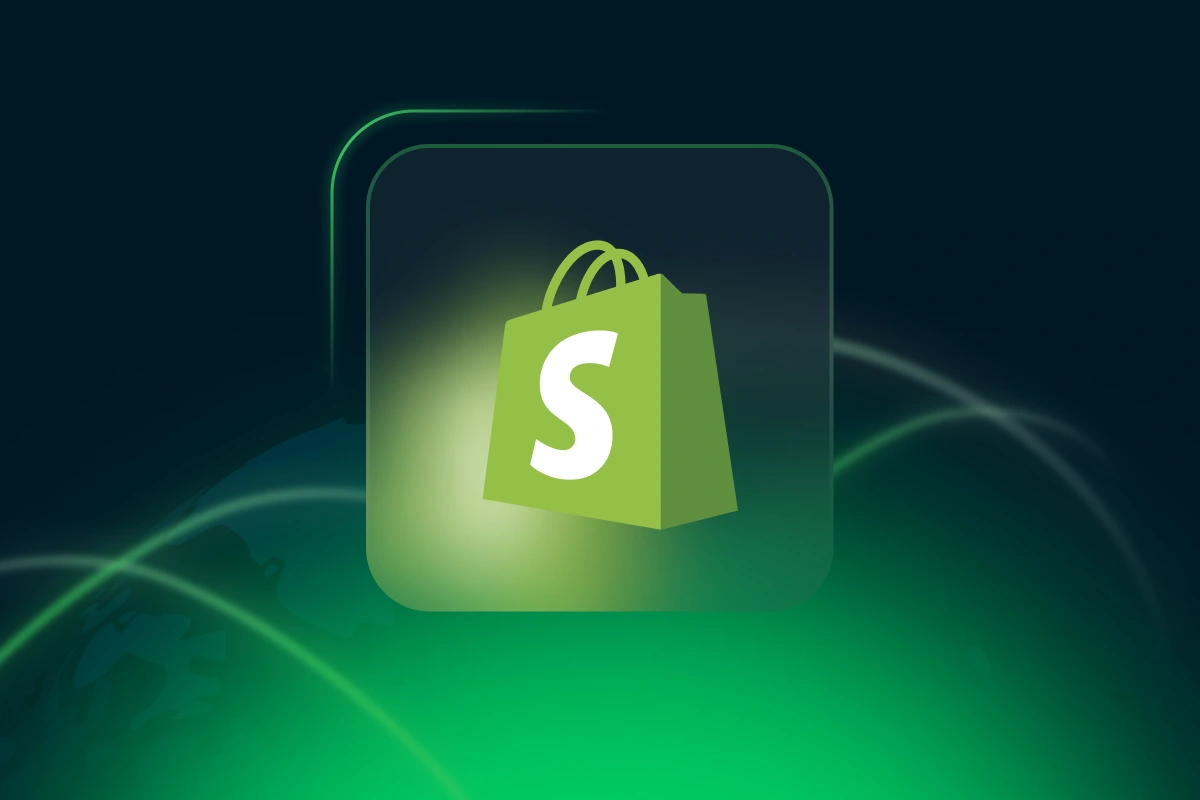Table of Contents
When you start thinking about creating your online business, Shopify comes to mind as the cost-effective and flexible platform. You first need to choose Shopify, a robust e-commerce platform, that can make your store visible in the online space.
However, you can also sell anything through social media platforms like Facebook, Instagram, or TikTok. Nevertheless, their algorithms and ecosystems may pose limitations on selling products the way you desire, especially when it comes to payment gateways. With Shopify, you have greater control and flexibility to customize your online store and seamlessly integrate secure payment gateways, ensuring a smooth and efficient selling experience.
Websites are the go-to solution for helping you build an online store and allow your potential customers to browse your products or services.
It is not easy to create a website yourself if you don’t know much about programming. Because a website combines many programming languages, it takes time and resources to get things done.
Shopify is the second most commonly used platform for e-commerce websites among the top 1 million live websites worldwide, according to BuiltWith’s latest statistics as of June 2022. Out of the 255,577 e-commerce websites in this group, 20% are powered by Shopify, second only to WooCommerce.
This means Shopify is becoming more reachable to users and helps millions of people to build their online businesses.
1. What is Shopify?
Shopify is a friendly e-commerce platform that helps you to sell your products by building complete online stores. Shopify is easy to use. You can create, customize, manage, and grow your stores in any capacity.
Shopify is a completely managed and cloud-hosted platform. The technology behind Shopify can be explained as the words SaaS (Software as a Service). It is a range of other utilities and top-notch features that offers a quick way to set up your eCommerce business & start selling your products.
Moreover, Shopify helps you to sell in different physical locations via Shopify POS, a point-of-sale version of Shopify. From online to offline, you can streamline your business matters with Shopify.
Shopify is used for many purposes, not only for selling products. You can also use Shopify to start a blog, introduce your primary business services, create advertising landing pages, or build your online profile. But Shopify is reputable for online sales because it has an ecosystem of millions of apps that support store owners in tracking profits and loss (P&L), marketing, order, and shipping.
2. How does Shopify work?
Let’s imagine what an online store looks like and how to do business through it.
To start selling your products, you need a place to display them, like a store. But online, you can use pictures and words to show your products. When people decide to buy something (clothes, home appliances, shoes,…,), they will place an order and pay for it. However, they can’t take the product home right away. They have to wait for it to be shipped to them. Once the product arrives, the transaction is complete.
Having a physical store requires you to hire staff and rent a space to display and store your products, as well as handle the payment process. However, with an online store, you only need to use a platform like Shopify to take care of all these tasks.
The typical functionality of Shopify can be summarized as follows:
2.1 Make your storefront visible 24/7
Shopify provides you with a web-hosted store
With Shopify, you quickly gain access to a web-hosted eCommerce store where you can set up different product pages, publish articles on a dedicated blog section, and of course, sell your business offerings.
You can leverage customization to enhance the appearance, theme, and vibe of your eCommerce site by choosing from the range of built-in templates. You have the freedom to choose any theme or color tone that matches your brand image from Shopify Theme Store.
Free online hosting services
A web-hosted platform means no need to deploy in-house servers due to the availability of managed network and cloud services that work around the clock to keep your business live and available 365/24/7.
Shopify deals with every single challenge related to network or technology on its own, including cybersecurity, software updates, network maintenance, capacity issues, etc.
POS Lite
Shopify POS (point-of-sale) application enables you to sell your products and sync inventory for your brick & mortar store. All Shopify plans offer a free POS Lite plan. All you need to do is sign-up at a store and place an order for personal accompanying hardware.
2.2 Payments options Integrated
Payment Gateways
On Shopify, you can opt from 100+ payment gateways, including Shopify Payments.
Shopify payments eliminate any trouble involving integrating a third-party payment gateway and save transaction fees to a notable extent.
Whatever payment option you select, you can quickly receive payments and sell your products in more than 100 currencies.
Shopify Checkout
Irrespective of the medium you’re using to sell your products, like your Shopify website or social media pages, you can easily divert your customers to Shopify Checkout during the final stage of their sales journey.
2.3 Shipping or Courier Services
Shipping – You can set up a shipping partner that suits your business model.
If your business is based in the USA, Canada, or Australia, you can feature live order tracking, quick delivery services, and discounted shipping charges using Shopify Shipping.
2.4 Marketing your business
Promoting your store on Shopify has always been challenging. Shopify helps your business reach potential customers via content, SEO utilities, and creating Facebook & Google Ad campaigns. As the owners, you can track how effectively your marketing plan runs through the key metrics that Shopify brings to you.
3. How much does Shopify cost?
When you are a beginner, Shopify offers a free plan with three days and no credit cards. Then, after you decide to build your store by Shopify, it offers you three plans with the following prices:
- Basic: $25/month, only $1/month for the first 3 months.
- Shopify: $65/month, only $1/month for the first 3 months.
- Advanced: $399/month, only $1/month for the first 3 months.

For more detail on pricing, you can find the Shopify pricing plan.
This is the price for the platform. When you are operating the Shopify stores, there are also other fees that Shopify will charge, including:
- Transactions fee: If you use Shopify payments, there is no fee. But suppose you use third-party payment gates (Paypal, Stripe, Apple Pay). In that case, Shopify will charge you 2%, 1%, or 0.5% for Basic, Shopify, and Advanced plans.
- Apps installation fee: Shopify has a lot of apps integrated into the stores to help you in any activities. There are some free apps, but there are some apps that you need to pay for. For example, the app True Profit (which helps you track the Profit & Loss) is $19.95/month.
4. What is Shopify Plus?

As for the pricing of Shopify that we mentioned above, Shopify currently has 3 plans with the highest price of $399/month.
Shopify Plus is a Premium version of Shopify, priced from $2000 per month. The Plus includes all the features listed in Standard Plans. Moreover, it consists of some resources with a business to grow sales and enhance the customer experience.
Learn more about Shopify Plus
5. What is Shopify dropshipping?
“Dropshipping” is a term for any retail business selling products without keeping stock. Traditionally, when you sell anything to your customers, you must maintain an inventory of products. This requires financial support, and it can increase the costs of your business if your revenue does not cover it.
With Shopify dropshipping solutions, your business does not need to maintain an inventory of products. When a customer orders online, you only need to ship the products to your customers from your dropshipping suppliers.
Learn more about Shopify dropshipping.
6. What is Shopify Payments?
Shopify Payments is a payment method powered by Shopify. It manages many steps in online transactions. You don’t need to integrate any third-party applications for your payments matters because, with Shopify payments, you have anything you need to streamline online payments.
Learn more about Shopify payments.
7. Shopify pros and cons
Like other technology platforms worldwide, Shopify has pros and cons. Shopify is serving many business owners worldwide, which can be an opportunity and challenge for this fast-growing eCommerce platform.
Advantages of Shopify
- Shopify is easy to use, from building the stores from scratch to increasing sales. The owners don’t need to worry about anything relating to the technology; focus on the development of your business.
- Shopify has a variety of storefront themes. Depending on your business, Shopify offers many theme options, from clothes, shoes, and accessories to home appliances and gadgets.
- With many app stores, you can make your accounting flow, marketing campaign, and order tracking more uncomplicated than ever.
- Shopify gives you 24/7 support. When you have any problems with your store, Shopify support will work it out.
Disadvantages of Shopify
- The basic plan of Shopify doesn’t support the features you need to have with your store. Sometimes, you need to upgrade your plan to unlock the full features of Shopify.
- Some Shopify apps are free, but most can serve basic functions. You also need to pay for apps that can do more complex functions.
Final thoughts
Shopify isn’t a standalone application but a combo of different state-of-the-art utilities, features, and functionalities that remain instrumental in growing any online business. Additionally, Shopify serves as a sustainable ecosystem and offers excellent value for your eCommerce business by onboarding web developers and experts in the communal environment to make eCommerce adaptable for everyone.
Whether you’re an SMB trying hard to make its digital presence or a traveling products brand engaging customers around the globe, Shopify is here to assist you in skyrocketing your eCommerce business.
Frequently asked questions
How do I sell on Shopify for beginners?
After you have your business ideas, purchase a domain and do the following steps:
- Sign up for Shopify free trial. Shopify gives you 14 day-trial before charging you with your plan.
- Select the channels that you would like to sell.
- Set up payments.
- Create collection pages.
- Add product items.
- Choose the Shopify theme and finish setting up your store.
Does Shopify cost money to use?
Shopify gives you a 14-day free trial and 3 months of using your plan for just 1$. Shopify has 3 plans for users to choose from Basic ($25/month), Shopify ($65/month) & Advance ($399/month). Shopify has Shopify Plus with a price of $2000 per month.
Is Shopify worth it for small businesses?
Shopify is used for any business with any capacity. It is the best place for small businesses to start selling their products and services without costing too much.


